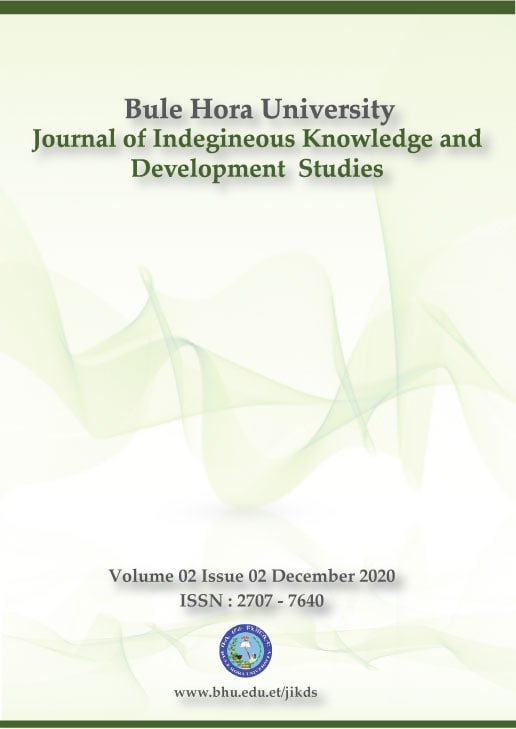Teaching Learning Quality Management: The case of Bule Hora University, Ethiopia.
Keywords:
Teaching, Learning, Quality management, UniversityAbstract
The primary objective of this study is to assess the teaching learning quality management of Bule Hora University, Ethiopia. Current approaches to evaluating the effective teaching and learning in higher education are solely concerned with enforcement and transparency, and they depend on quantitative metrics of institutional effectiveness and efficacy. Quality assurance of educational programs, policies, processes, and activities that are expected to contribute to the accomplishment, preservation, control, and improvement of educational quality. Quality assurance for higher education systems has become a global priority, prompting international and regional collaboration among quality assurance agencies. The study is conducted in Bule Hora University. Purposive sampling method is used with 868 sampling size to assess the teaching learning quality management. This study found out that the quality of teachers is highly significant with the independent variables like punctuality of the teacher, regularity of the teacher, teacher’s knowledge and good communication skills of the teacher and it clearly implicates that the quality of the teaching and learning methods are properly maintained in Bule Hora University.
Downloads
Published
Issue
Section
License
Copyright (c) 2020 Bule Hora University

This work is licensed under a Creative Commons Attribution-NonCommercial 4.0 International License.


